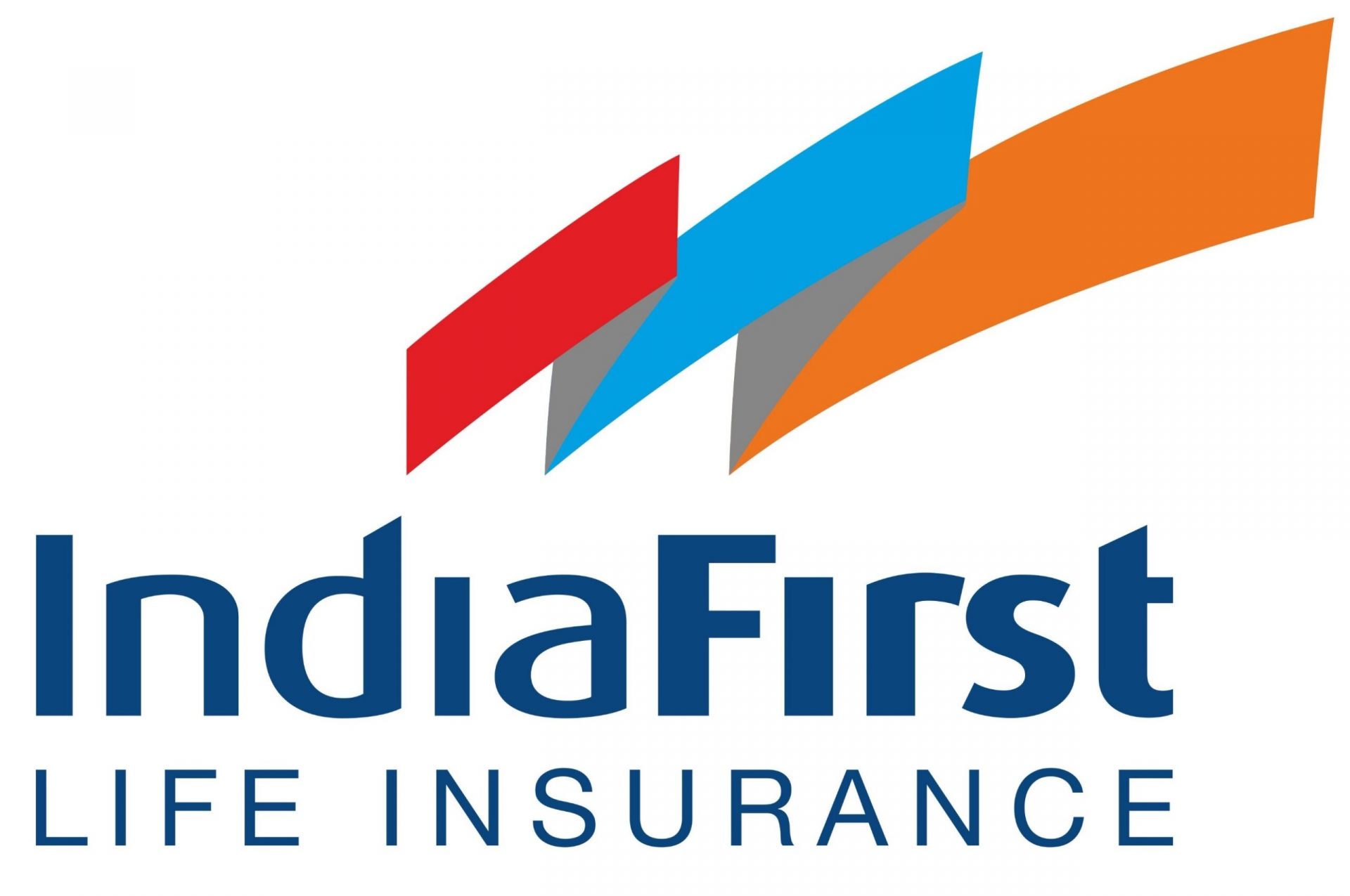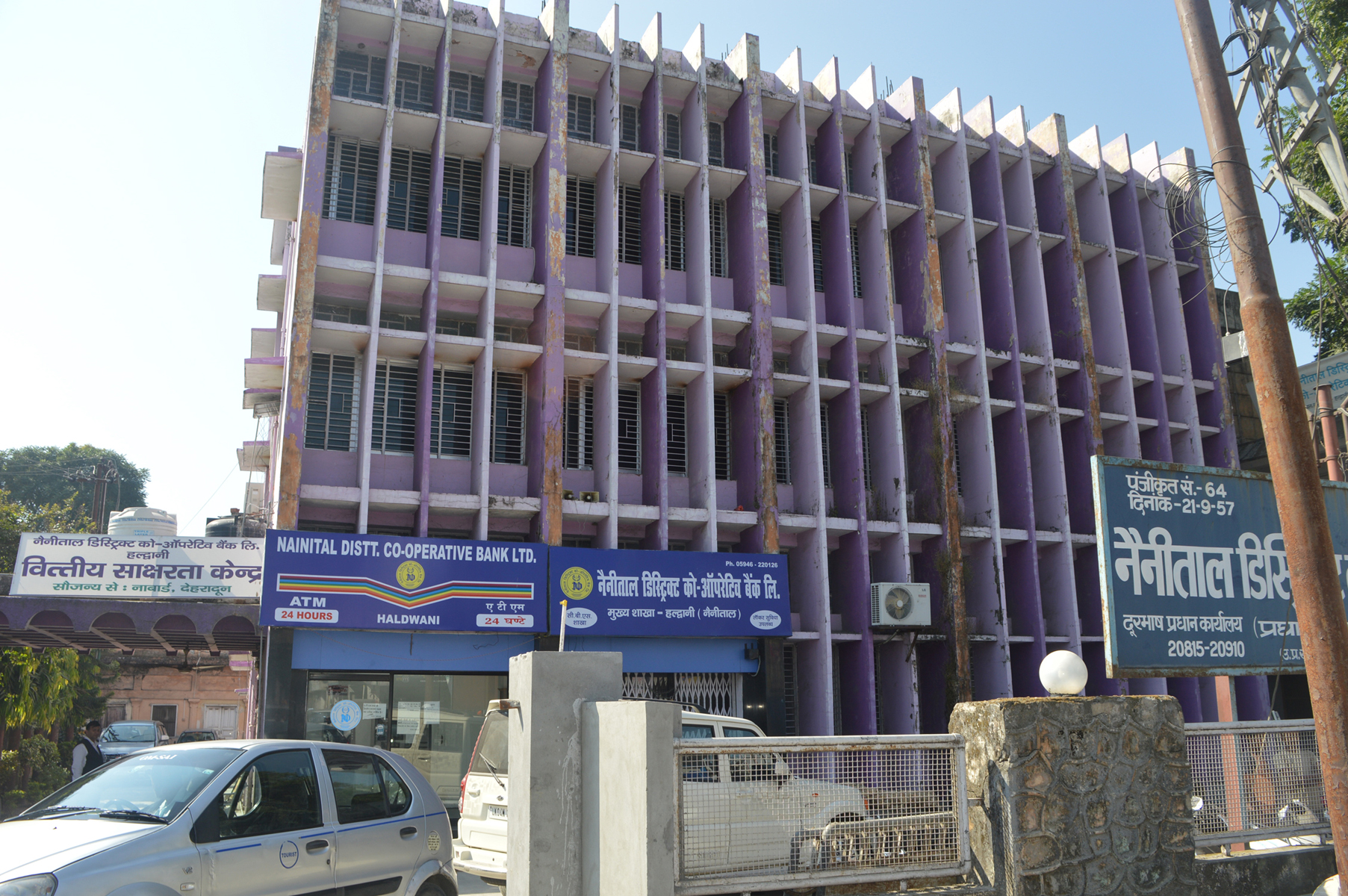Bank Of Baroda To Divest 49 Percent Stakes In Its Subsidy: BFSL Despite Outstanding Performance By The Credit Card Arm
The public sector bank has been planning to expand its credit card business which can draw strategic investors to the table. It has a massive customer base to address its needs.

Bank Of Baroda, a Public sector bank in India, has planned to undertake to drive strategic investors for its credit cards subsidiary BOB Financial Solutions (BFSL). Bank of Baroda has decided to do so by divesting 49 percent stake.
At present, the Bank of Baroda holds a 100 percent stake in the equity.
The public sector bank has been planning to expand its credit card business which can draw strategic investors to the table. It has a massive customer base to address its needs.
The bank has been provided with a timeline of 12 months to secure a partner for distribution, technology, and sourcing knowledge. The executives of the bank have stated it.
ICICI Securities, the capital market firm is the advisor for divestment. Bank executives have stated that the stakes meant to be divested are worth 1.85 million USD and the outstanding credit portfolio will reach the valuation of 3500 crore UNR by the end of March.
The cards in divestment could double their valuation to reach the 3 million USD mark that can be implied from the current rate of growth. They have added that the credit outstanding will reach the 5500 crore INR mark by the end of 2024.
BFSL has been an integral part of the Bank Of Baroda because the credit card business is one of the essential products offered by the public sector bank. It can be even signified by the branding, managing, and funding support to BFSL and the stated intent of the branch to continue to do so in the future.
Bank of Baroda has continued to support the expansion of BFSL by providing capital, including the investment of 300 crores INR in FY 2023. BFSL even manages Bank of Baroda’s merchant acquiring operations, followed by the credit card businesses.

The rating agency, ICRA has stated that BFSL has shown rapid growth in the credit card businesses in the last two years and the progression is expected to continue in the next few years. In addition, the overall asset quality levels have remained comparatively weak because the profiles of the customers have a mean minimum exposure to the self-employed segment.
The asset quality can be improved over time by scaling up and increasing the contribution of the salaried segment of individuals. Furthermore, the operating profitability in the credit card business has even improved which is contributed by higher cards and receivable bases followed by continuous containment initiatives, the company added.
At the same time, shares of Bank of Baroda have declined by 194.85 points to 60153.24 in the BSE benchmark Sensex.
It is not the first time that the Bank of Baroda has taken a step to bring around the board of investors.
Bank of Baroda’s List of Divestment is long: What could be the reason?
In 2022, the Bank of Baroda divested a 12.5 percent stake in the insurance subsidiary IndiaFirst Life Insurance company through an offer made in an IPO of the insurer.
The board of directors has stated that they have divested 12.5 percent of the shares of the public sector bank to IndiaFirst Life.

IndiaFirst Life is a subsidiary of BoB and is headquartered in Mumbai. Carmel Point Investments India, which is owned by private equity funds managed by Warburg Pincus LLC, owns 26% of the insurer. The company’s third strategic partner is Union Bank of India (9 percent stake).
These three companies collaborated to form IndiaFirst Life. Following a ‘right of first offer,’ (ROFO) by Union Bank of India to the existing shareholders of IndiaFirst Life, Bank of Baroda (BoB) acquired a 21% stake in the insurance company during 2021-22, and it has since become a subsidiary of BoB.
BoB’s stake in the company has increased to 65% from 44%. Union Bank acquired a stake in IndiaFirst Life through the merger of Andhra Bank in April 2020.
Bank Of Baroda has even divested the stakes of Nainital Bank. The board of directors has decided to sell off a majority stake in Nainital Bank and authorized the issuance of an advertisement through a Preliminary Information Memorandum from the interested investors.

BoB held 98.57 percent of the total stakes of NBL.
The divestments by BoB in recent periods can imply that the public sector bank is aiming to improve operational efficiency and bottom-line stability.
There could be many reasons behind such divestment like improving the balance sheet, aiming at core operations, or underperformance. But, these reasons can not imply the decision by BoB because its credit card arm has been performing strong and is one of the integral product offerings by the bank.
edited and proofread by nikita shrma




